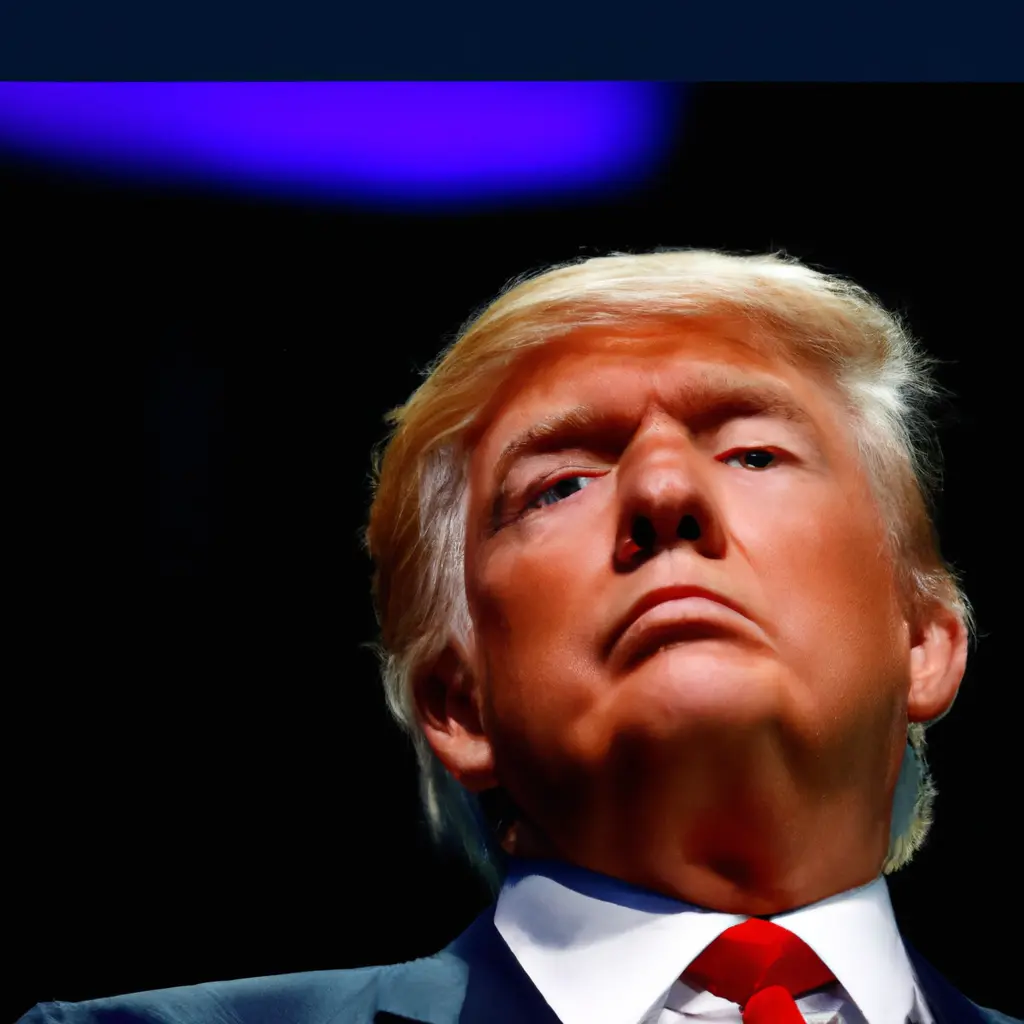The judge acknowledged that Trump deceived banks and insurers when building his real estate empire.

A judge in New York has ruled that Donald Trump engaged in fraud for many years while building his real estate empire, which brought him fame and led him to the White House. Judge Arthur Engoron, presiding over a civil lawsuit filed by the New York attorney general, concluded that the former president and his company deceived banks, insurers, and others by significantly inflating the value of their assets and exaggerating their net worth in documents used for transactions and obtaining financing.
Engoron ordered some of Trump's business licenses revoked as punishment, making it difficult or impossible for them to do business in New York, and said the independent watchdog will continue to monitor the Trump Organization's operations. A Trump spokesman has not yet responded to a request for comment on the decision. Trump has always maintained that he did nothing wrong.
The decision, made days before the start of a non-jury trial in Attorney General Letitia James' lawsuit, is the strongest rejection yet of Trump's carefully crafted image as a wealthy and cunning real estate mogul turned political powerhouse. Beyond simply bragging about his wealth, Trump, his company and key executives have repeatedly lied about it in their annual financial reports, gaining advantages such as favorable loan terms and low insurance premiums, Engoron believes. By using those tactics, they crossed the line and broke the law, the judge said, rejecting Trump's objection that a disclaimer in the financial reports absolved him of any wrongdoing. "In Defendants' world: regulated rental apartments cost the same as unregulated apartments; restricted land costs the same as unrestricted land; restrictions can vanish like smoke; one party's disclaimer transfers responsibility for lying to the other party," Engoron wrote in his 35-page ruling. "This is a fantasy world, not the real world."
Manhattan prosecutors considered pursuing criminal charges for the same actions but declined to do so, leaving James with the option of suing Trump and seeking punishment that could disrupt him and his family's ability to do business in the state. Engoron's decision, in a phase of the case known as summary judgment, resolves James' main lawsuit, but leaves six others pending. Engoron plans to hold a non-jury trial beginning Oct. 2 before deciding on those claims and the penalties it may impose. James is seeking $250 million in fines and a ban on doing business in New York, Trump's home state. The trial could last until December, according to Engoron.
Trump's lawyers asked the judge to dismiss the case, but he refused.
James, a Democrat, filed a lawsuit against Trump and his organization a year ago, accusing them of systematic lying, which she called "the art of theft," similar to the title of Trump's 1987 business memoir, "The Art of the Deal." The lawsuit alleged that Trump and his company systematically inflated the value of assets such as skyscrapers, golf courses and his Mar-a-Lago estate in Florida, improving their bottom line by billions. Among the allegations was that Trump claimed his Trump Tower apartment in Manhattan - a three-story penthouse with gold plating - was nearly three times its actual square footage and was valued at $327 million. No apartment in New York City has ever sold for close to that amount, James said. Trump has valued Mar-a-Lago as high as $739 million - more than 10 times the more reasonable estimate of its value. Trump's figure for the private club and residence was based on the assumption that the property could be used for residential development, but the terms of the contract prohibit that, James said.
James doesn't aim to punish Trump with jail time, but it could complicate his ability to make real estate deals. It could also tarnish his reputation as a developer. James has asked Engoron to bar Trump and his three older children from ever running a New York-based company again. She also wants Trump and the Trump Organization barred from purchasing commercial real estate for five years, and other sanctions. The $250 million she is demanding in fines is the approximate value of the benefits derived from the alleged fraud, she said.
James, who campaigned as a critic and overseer of Trump, began looking into his business practices in March 2019 after his former personal attorney Michael Cohen testified before Congress that Trump exaggerated his wealth in financial statements provided to Deutsche Bank while trying to obtain financing to buy the NFL's Buffalo Bills. James' office previously filed a lawsuit against Trump for misusing his own charitable fondation to benefit his political and business activities. Trump was ordered to pay $2 million to various charities as a fine and Trump's charity was shut down.
Tags
We will find property in USA for you
- 🔸 Reliable new buildings and ready-made apartments
- 🔸 Without commissions and intermediaries
- 🔸 Online display and remote transaction
Our managers will help you choose a property
Liliya
International Real Estate Consultant

Subscribe to the newsletter from Hatamatata.com!
Subscribe to the newsletter from Hatamatata.com!
Popular Posts
We will find property in USA for you
- 🔸 Reliable new buildings and ready-made apartments
- 🔸 Without commissions and intermediaries
- 🔸 Online display and remote transaction
Our managers will help you choose a property
Liliya
International Real Estate Consultant

Subscribe to the newsletter from Hatamatata.com!
Subscribe to the newsletter from Hatamatata.com!
I agree to the processing of personal data and confidentiality rules of Hatamatata
Need advice on your situation?
Get a free consultation on purchasing real estate overseas. We’ll discuss your goals, suggest the best strategies and countries, and explain how to complete the purchase step by step. You’ll get clear answers to all your questions about buying, investing, and relocating abroad.


Irina Nikolaeva
Sales Director, HataMatata









